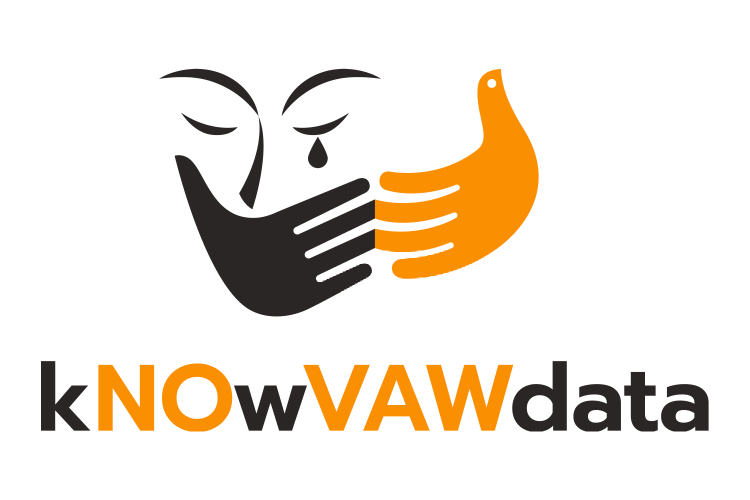Knowledge Hub

The Knowledge Hub provides links to resources supporting the measurement of violence against women and has been funded under the Pacific Spotlight Initiative. While starting with a primary focus on Pacific resources and global resources which are applicable for the Pacific region, the Knowledge Hub will continue under the UNFPA kNOwVAWdata initiative to support global knowledge exchange and a strong community of practice. The strength of this Knowledge Hub is the opportunity to share resources and support all regions of the globe.
If you would like to share links to be added to the Knowledge Hub, please send them to knowvaw-program@unimelb.edu.au.
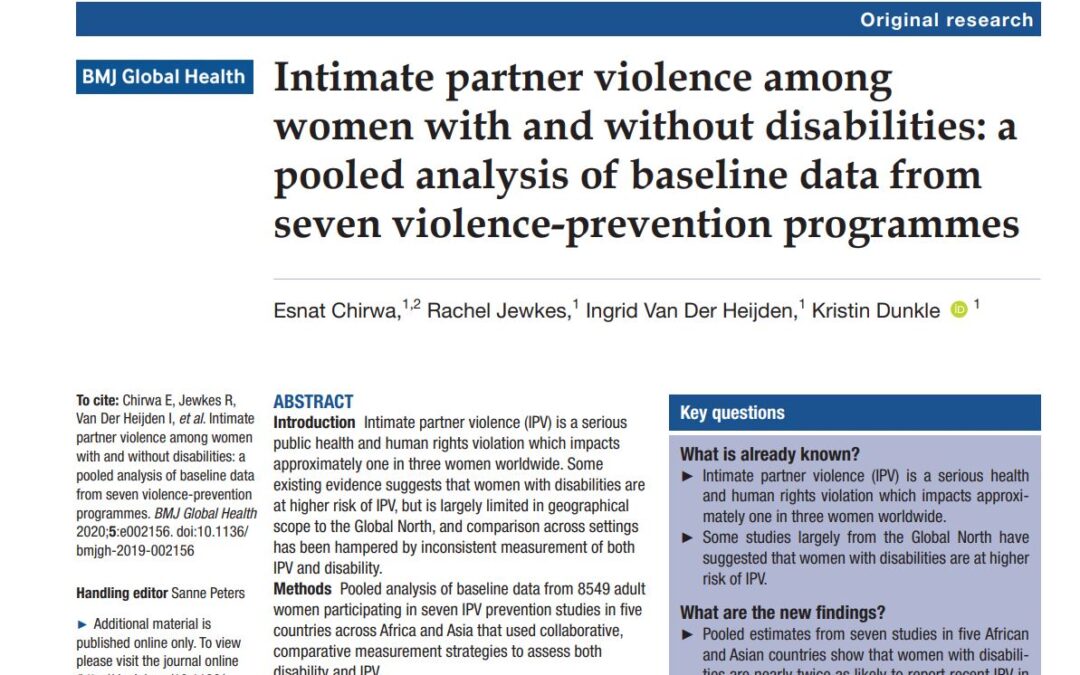
Intimate partner violence among women with and without disabilities: a pooled analysis of baseline data from seven violence-prevention programmes
Pooled analysis of baseline data from 8549 adult women participating in seven IPV prevention studies in five countries across Africa and Asia that used collaborative, comparative measurement strategies to assess both disability and IPV.
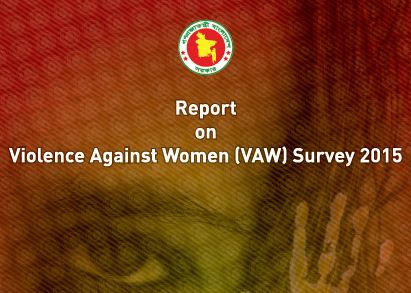
Bangladesh Violence Against Women Survey 2015
The Bangladesh Bureau of Statistics has conducted the second round of the VAW survey in 2015. The main objective of the survey is to generate official statistics on the prevalence of different forms of violence against women.
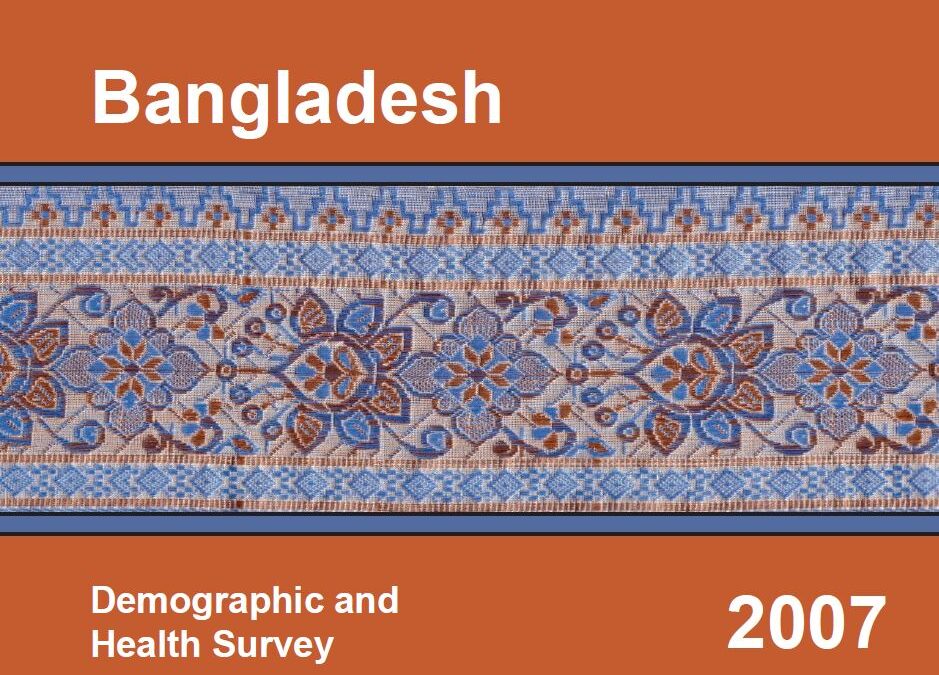
Bangladesh Demographic and Health Survey 2007
National Institute of Population Research and Training (NIPORT) Dhaka, Bangladesh
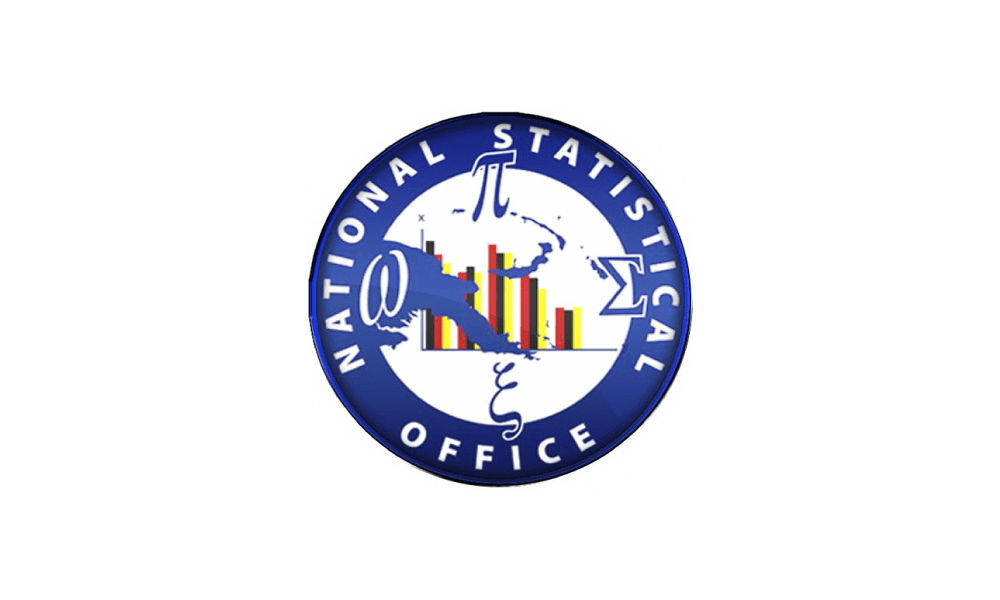
The 2016-18 Papua New Guinea Demographic and Health Survey
The 2016-18 PNG DHS included a module of questions on domestic violence that was administered in the subsample of households selected for the men’s survey. In accordance with the World Health Organization (WHO) guidelines on ethical collection of information on domestic violence, only one eligible woman per household was randomly selected for the module, and the module was not implemented if privacy could not be obtained (WHO 2001). In total, 4,873 women completed the module. One percent of...
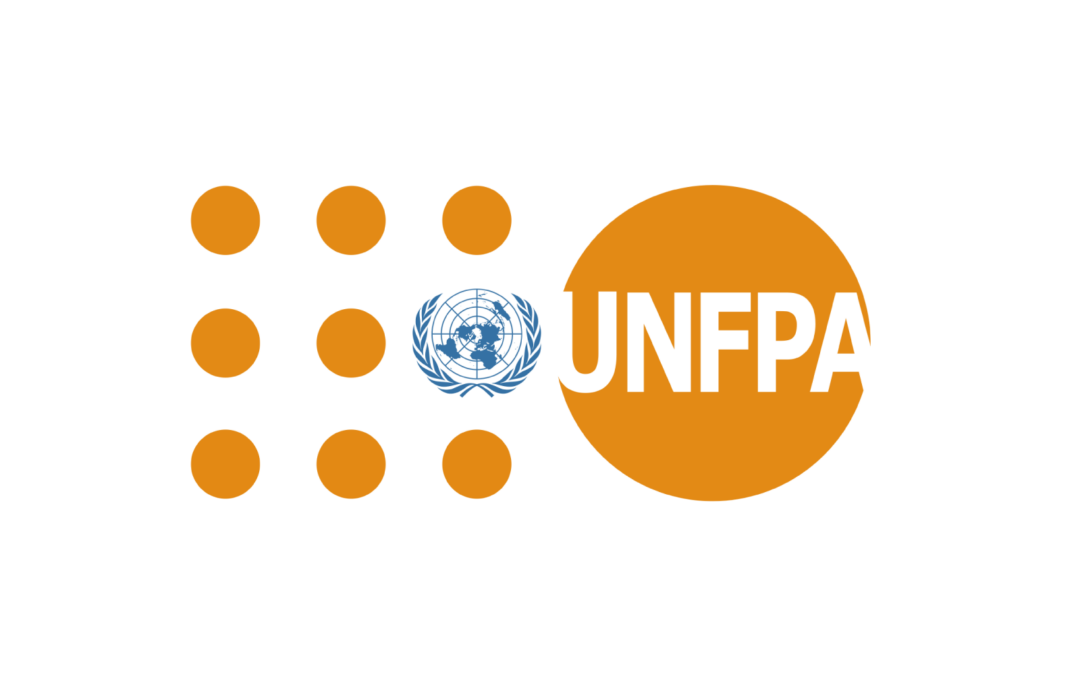
UNFPA Asia Pacific kNOwVAWdata dashboard
Data visualizations and reports from the latest national violence against women prevalence surveys in the Asia-Pacific region; Resources on violence against women data measurement, analysis and uptake; kNOwVAWdata updates; Real-life stories of the brave and compassionate individuals involved in measuring vitally important, nationally representative data on violence against women.
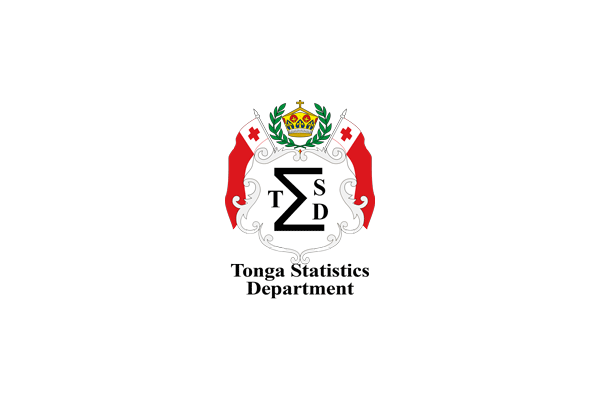
2019 Tonga Multiple Indicator Cluster Survey
An international survey program that is the largest source of statistically sound and internationally comparable data on women and children worldwide. The Tonga MICS collected data on health, nutrition, child protection, education, water, sanitation and hygiene as well as domestic violence amongst other topics.
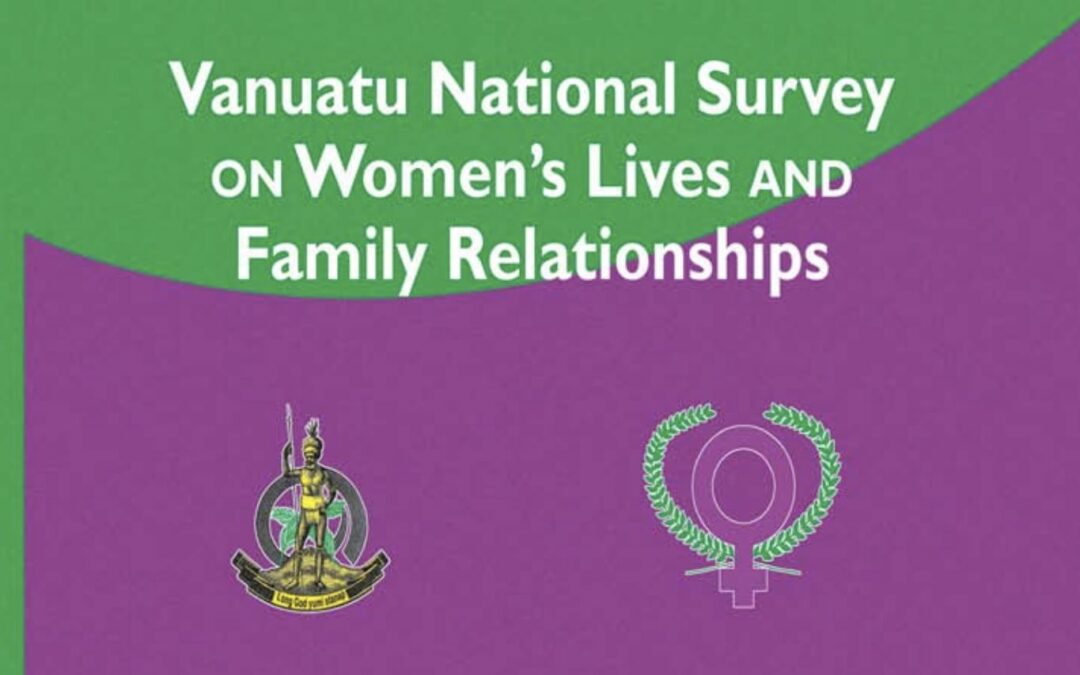
Vanuatu National Survey on Women’s Lives and Family Relationships
This population-based study provides a reliable benchmark of the prevalence and incidence of violence against women in Vanuatu, and on attitudes to violence including: health and other effects of VAW and children; risk and protective factors in the family and the community; coping strategies; and the implications for prevention and support services.
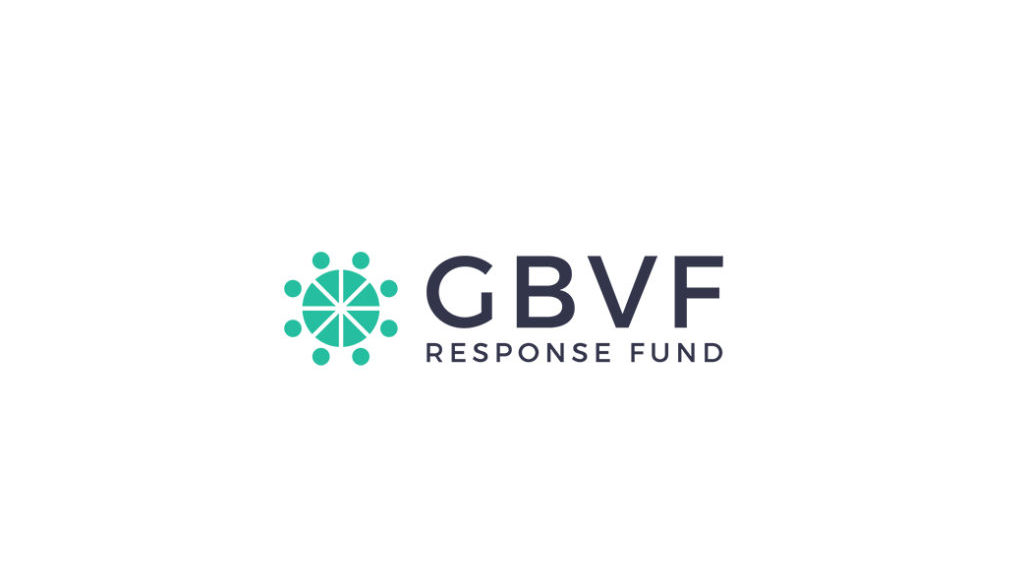
GBVF Statistics Dashboard
This dashboard is a comprehensive visualisation and monitoring tool of available data related to gender-based violence and femicide in South Africa. Data Sources include Victims of Crime (VOC) survey data, the South African Police Service (SAPS), and the National Prosecuting Authority (NPA).
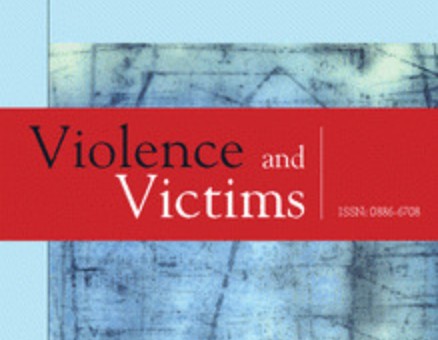
Maternal Childhood Parental Abuse History and Current Intimate Partner Violence: Data From the Pacific Islands Families Study
The aim of the study was to establish the association between the experience of maternal and/or paternal emotional or physical abuse and current severe physical partner violence perpetration or victimization among a cohort of Pacific women.
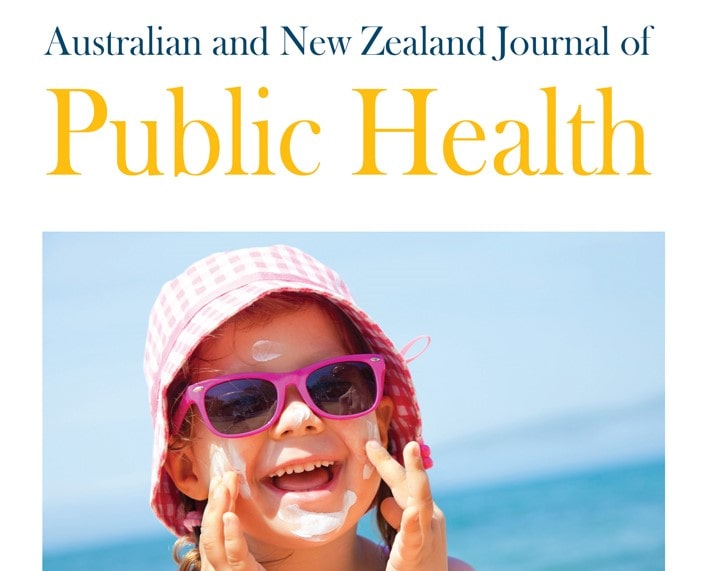
Factors associated with induced abortion over time: secondary data analysis of five waves of the Australian Longitudinal Study on Women’s Health
Objective: A trend analysis of associations with induced abortion. Methods: Secondary analysis of the Australian Longitudinal Study of Women's Health (N=9042). Conclusions: Abortion remains strongly associated with factors affecting women's control over reproductive health such as partner violence and illicit drug use.
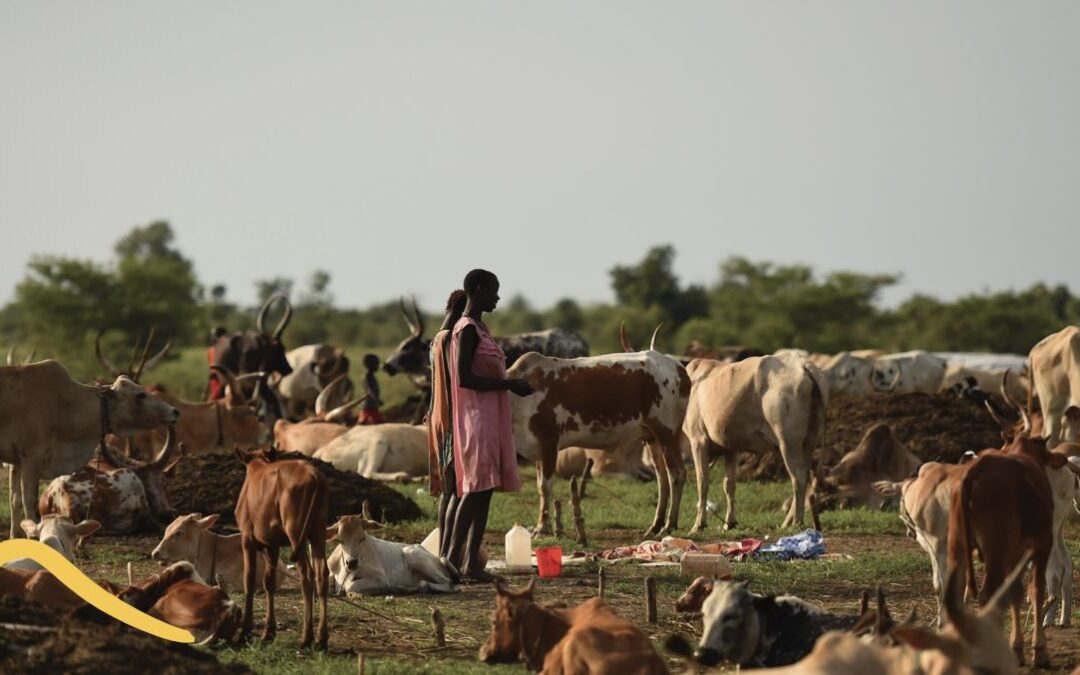
No Safe Place: A Lifetime of Violence for Conflict Affected Women and Girls in South Sudan (Policy Brief)
This brief highlights research aimed at filling substantial gaps in understanding of violence against women and girls (VAWG) in humanitarian settings, including whether or not there is a correlation between increased national conflict and VAWG.

PNG Demographic Health Survey 2016-18 Report
The 2016-18 PNG DHS final report provides information on basic indicators of fertility, fertility preferences, family planning practices, childhood mortality, maternal and child health, knowledge and awareness of HIV/AIDS, domestic violence, and other related health issues.
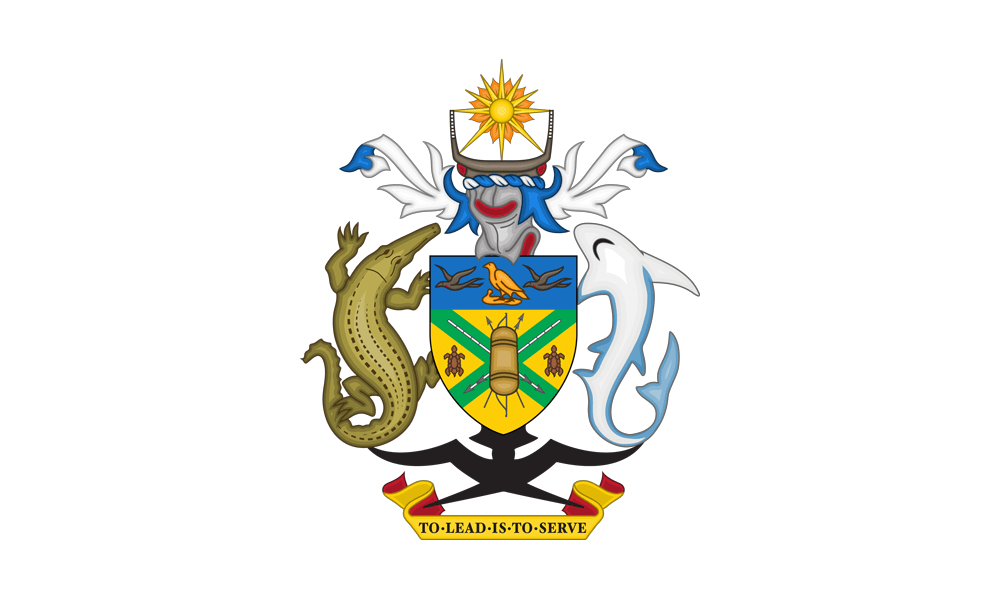
2006/2007 Solomon Islands Demographic and Health Survey (2007 SIDHS)
The primary objective of the survey was to provide up-to-date information for policy-makers, planners, researchers and program managers to use in the planning, implementation, monitoring and evaluation of population and health programs in the country. The survey was intended to provide key estimates of the demographics and health of the country. In addition, the content of the survey was expanded to include questions on disability and gender-related violence.
